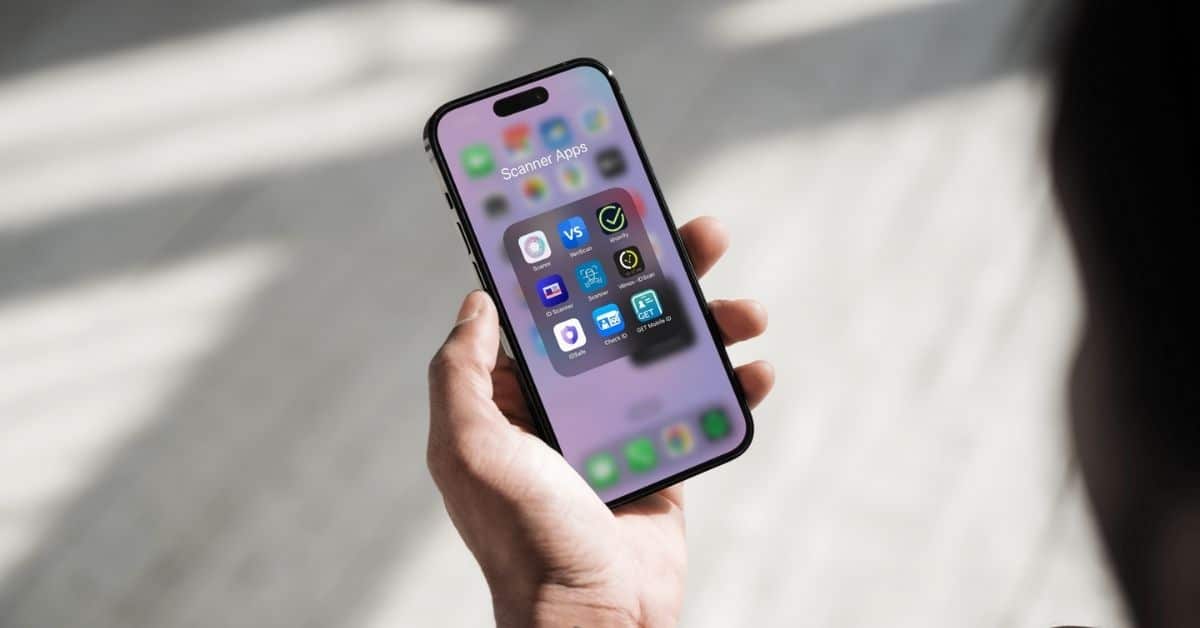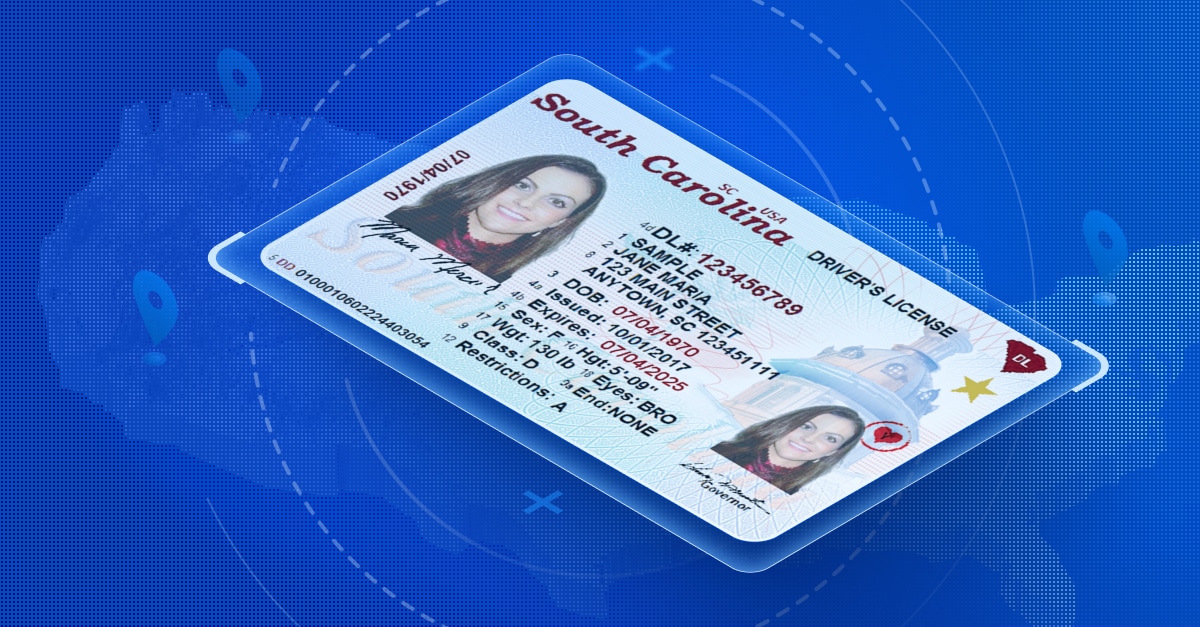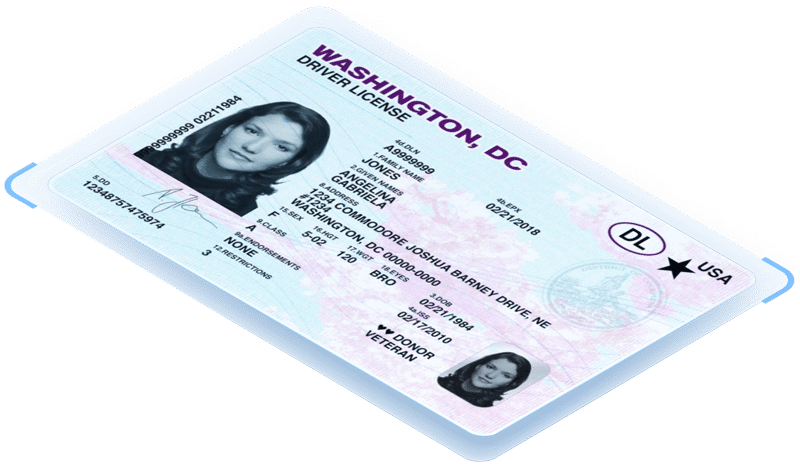This week our executive team flew to Paris to meet with some of the world’s top minds in identity verification, ID technology, and security. Below are a few key takeaways and learnings from the invitation-only Thales ID Experience.

1. RFID is replacing MRZ
It is only relatively recently that all European National ID cards have included MRZ. However, MRZ is already becoming outdated as governments and ID manufacturers prefer RFID chips. RFID is superior for a number of reasons:
- A larger storage capacity that includes the ability to store images, as well as avoiding truncation
- Harder to damage with less wear and tear
- Embedded in the document, so does not take away visual real estate on the document
- All data is transmitted and can be verified near instantaneously
- Subtantially harder to fabricate
Although MRZ is much cheaper to produce, and MRZ-readers are cheaper to manufacture, it appears that most nations are making the investment in the superior identity data storage format.

2. Digital identity documents – The time is now
The State of Florida spoke on their upcoming rollout of mobile IDs and received a standing ovation. Maryland and Arizona have already launched mobile IDs inside the Apple Wallet, and ten other states (including our home state of Louisiana) either have mobile IDs already, or have a pilot program in place. Any business that relies on ID scanning should look to hardware that can scan and authenticate both physical IDs as well as digital ones.
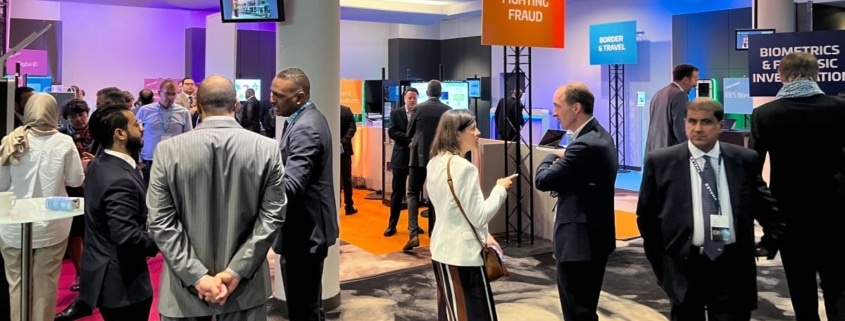
3. ICAO standards continue to guide Document Creation
The International Civil Aviation Organization continues to set the standards for machine readable documents. They define best practices fonts, placements, and security measures on all documentation, including passports. Travel as a use case continues to take top priority for creation of standardization in readability. ICAO recommended security features remain very important.
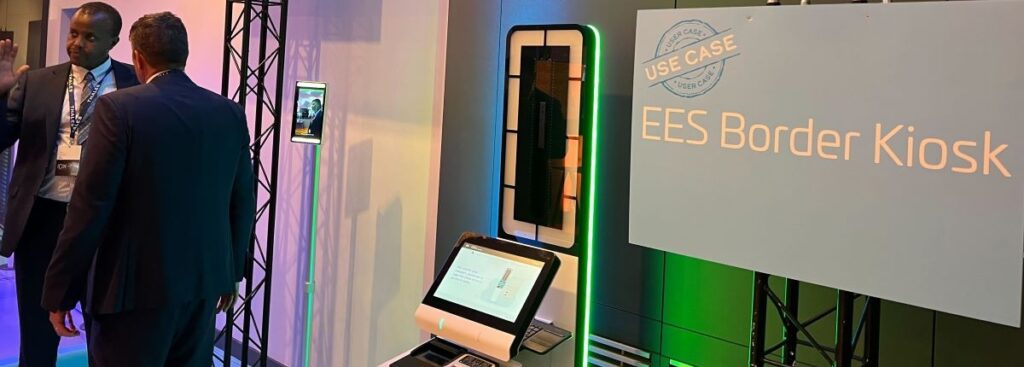
4. Facial recognition is the future of travel
All travel related biometric devices were focused on facial recognition. Fingerprinting, vein reading, voice recognition, and all other types of biometrics will likely play a secondary role in biometric integration into the travel experience. Dubai airport is a great example of how biometric can efficiently leverage biometrics to process a high volume of passengers.
5. Election security is top of mind around the world
Keeping elections secure using identity technology was one of the hottest conversation topics, and use cases for ID scanning, biometrics, and identity verification for authentication generated a lot of interest.
Conclusion
Overall, the Thales ID Experience was an exciting opportunity to connect with leaders on the future of identity documentation. Feel free to reach out to us to discuss your identity verification needs. Or if you want to sample the chocolate IDs that Thales handed out to attendees.


